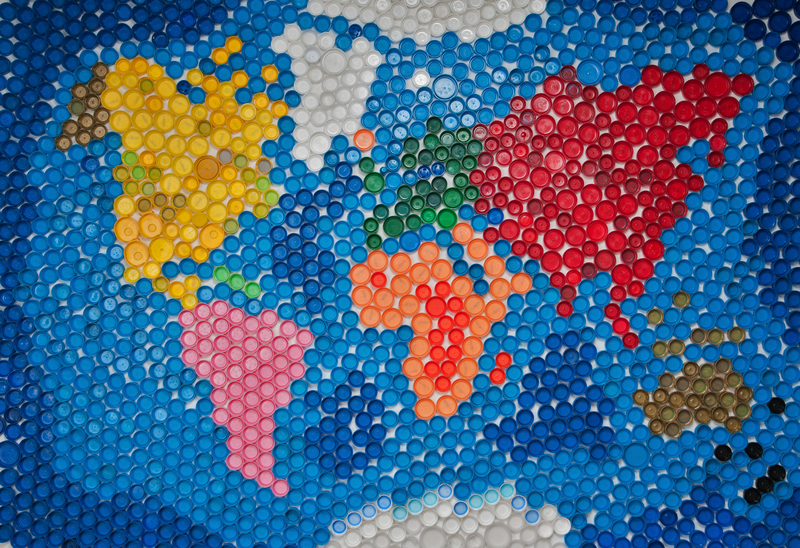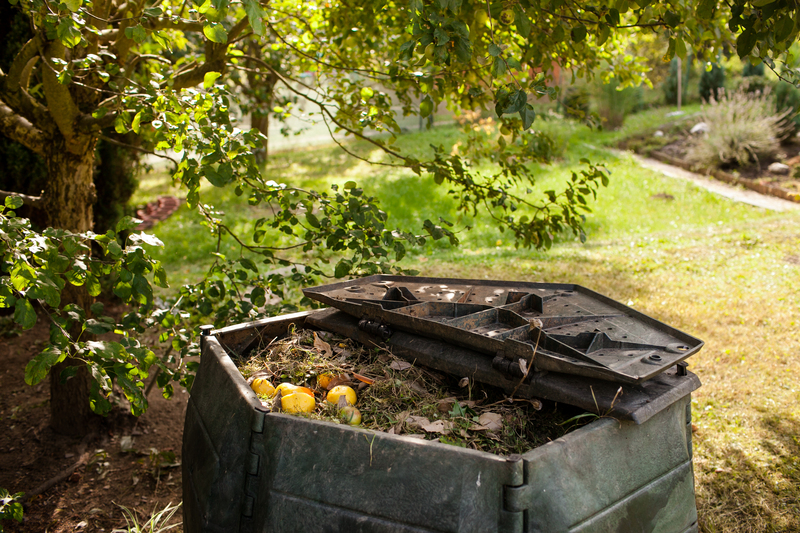Optimize Your Recycling Habits
Posted on 30/03/2025
Recycling is one of the simplest and most effective ways to help save the planet. However, not all recycling is created equal. In this article, we will discuss effective ways to optimize your recycling habits, ensuring you are doing the most good for the environment. From understanding what can be recycled to implementing best practices at home, you'll find everything you need to know to become a recycling expert.
Understand What Can Be Recycled
The first step in optimizing your recycling habits is understanding what materials are recyclable. Common recyclable materials include paper, cardboard, glass, tin, aluminum, and certain plastics. However, always check with your local recycling program for specific guidelines as they can vary.

Cleaning and Preparing Your Recyclables
Before tossing your recyclables into the bin, make sure they are clean and dry. Food residue can contaminate entire batches of recycling, resulting in significant waste. Rinse out any food or drink containers, and let them dry before recycling. Crushing cans and cardboard can also help save space in your bin.
Separate Your Waste Properly
Proper waste separation is crucial for effective recycling. Most household recycling programs provide separate bins for paper, plastics, and metals. Make sure to follow the guidelines and keep each type of material in its designated bin. Mixing different types of recyclable materials can lead to contamination and inefficiency.
Reduce and Reuse Before You Recycle
While recycling is important, reducing your waste and reusing items should come first. Try to purchase items with minimal packaging, use reusable bags, and repurpose old items. By doing so, you will minimize the amount of waste you generate and, consequently, the amount you need to recycle.
Educate and Encourage Others
Spread the word about the importance of optimizing recycling habits. Educate your family, friends, and community on best recycling practices. Organize or participate in local clean-up drives and recycling education programs. The more people involved, the greater the positive impact on the environment.
Use Technology to Track Your Recycling Efforts
There are numerous apps available that can help you track your recycling efforts. These apps provide information on what can be recycled, remind you of recycling days, and even track how much waste you've diverted from landfills. Using technology can be a fun and effective way to stay committed to your recycling goals.
Pros and Cons of Recycling
Pros
- Reduces waste in landfills
- Conserves natural resources
- Reduces energy consumption
- Creates jobs in the recycling industry
- Promotes environmental sustainability
Cons
- Can be time-consuming
- Costly to manage and transport recyclables
- Contamination can render batches unusable
- Not all materials are recyclable
- Limited impact if not widely adopted
Recycling Tips
- Check local recycling guidelines regularly
- Clean and dry recyclables
- Reduce and reuse items before recycling
- Use designated bins for different materials
- Stay informed about the latest recycling practices

Key Takeaways
- Understanding what can be recycled is the first step
- Proper cleaning and separation of recyclables are crucial
- Reducing and reusing items reduces waste
- Educating and involving others magnifies the impact
- Using technology can streamline your recycling efforts
Conclusion
Optimizing your recycling habits is a significant step towards protecting our planet. By understanding what can be recycled, properly cleaning and separating your recyclables, and encouraging others to do the same, you can make a substantial impact on the environment. Remember to reduce and reuse before recycling, and consider using technology to help track your efforts. The combined power of individual actions can lead to a more sustainable and healthy future for our world.
Latest Posts
DIY Paper Recycling at Home in 6 Steps
Advance Your Recycling Approach
Plant-Based Plastics: Future Innovations






